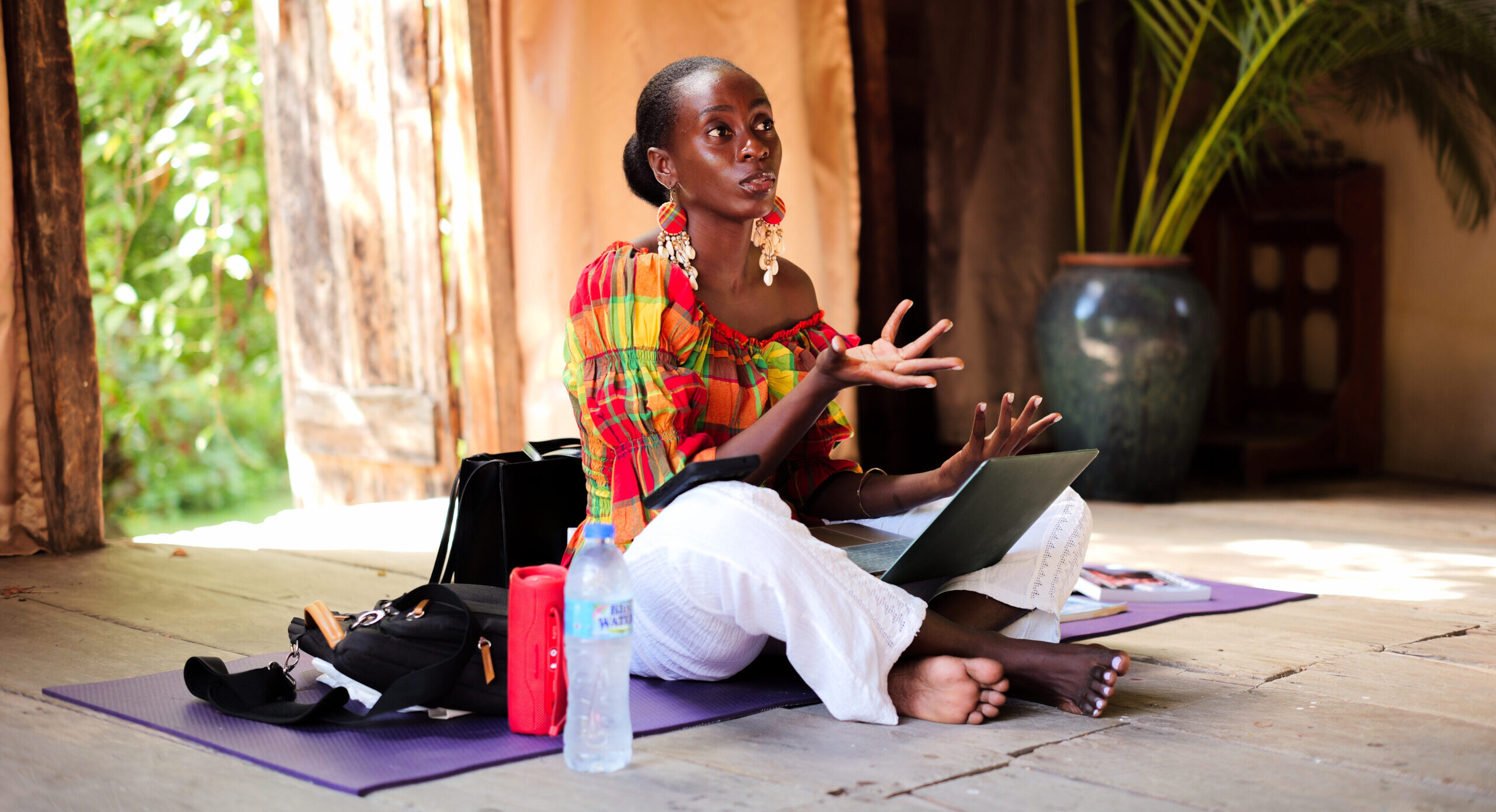Rhyesa Joseph, an educator, political scientist, and cultural advocate, emphasizes that Saint Lucian Creole culture extends far beyond the annual Mwa Éwitaj Kwéyòl celebrations. Her lifelong dedication to cultural preservation stems from her upbringing in Vieux Fort and Mon Repos, where she was immersed in authentic Saint Lucian traditions through storytelling, music, food, and community life. Through her research, Joseph has observed the gradual erosion of these cultural practices, driven by rising individualism, generational disconnects, and economic pressures that keep families apart. In an interview with St. Lucia Times, Joseph reflects on the state of the Creole language, its intrinsic values, and the urgent need for its preservation. Joseph highlights the dual nature of Creole’s current usage. While there have been some advancements, such as limited bilingualism in professional settings, the language’s overall usage has declined. She criticizes the superficial treatment of Creole, often relegated to aesthetic purposes or confined to October celebrations, rather than being integrated into year-round education and awareness. Beyond language, Joseph underscores the importance of traditional values and systems, such as Koudmen, a cooperative assistance model that once defined Saint Lucian communities. These systems fostered collective responsibility and a shared ethic, which are now threatened by societal fragmentation and external influences. Addressing the argument that Creole lacks global marketability, Joseph dismisses it as generational propaganda rooted in colonial prejudices. She explains how colonization sought to strip people of their identity, marginalizing Creole as the language of the “uneducated.” This historical stigma persists, perpetuated by an education system designed for English speakers. To combat this, Joseph advocates for daily practice, learning resources, and institutional support, such as mandating Creole in public programming. She emphasizes that Creole’s value lies not in its utility but in its intrinsic cultural significance. In her closing remarks, Joseph calls for a deeper appreciation of Creole as a carrier of history and identity, urging society to recognize its worth beyond superficial uses.
